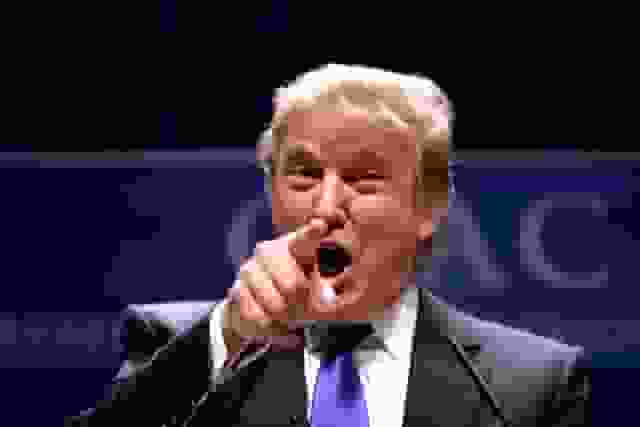
Former President Donald Trump aims to dismiss the election obstruction case, citing First Amendment protection and post-impeachment acquittal immunity.
In a late-night court filing, Trump’s legal team asserted that the charges are legally flawed, invoking the Senate’s previous attempt to remove him from office in the waning days of his presidency.
Trump’s Legal Defense
The indictment, which accuses Trump of conspiracy charges to defraud the U.S. by claiming widespread election fraud in the 2020 election, alleges his involvement in three criminal conspiracies to obstruct the electoral vote process, impede the January 6, 2021, congressional proceeding, and work against the right to vote.
In the initial motion, Trump’s lawyers sought dismissal of the indictment based on constitutional grounds, particularly the First Amendment, double jeopardy, and due process. They assert that Trump’s actions fall under First Amendment protection, arguing that the indictment infringes upon freedom of speech and assembly, and thus should be dropped.
In the second motion, Trump’s legal team asserts that the prosecution failed to provide a clear explanation of how Trump violated the statutes he’s charged under. They argue that the case is a retaliatory response to Trump’s decisions as commander-in-chief and his exercise of constitutional rights to free speech and political participation.
Read more: Biden Gears Up For Australian State Visit Amid Congressional Gridlock
Upcoming Legal Decisions and Implications

In the third motion, Trump’s lawyers request a hearing to explore the allegations further, emphasizing the need for fact-finding given the statements from President Biden and reported issues with the investigation.
Additionally, Trump has filed a motion to strike references to the January 6 Capitol attack from the indictment, arguing that such references are prejudicial and inflammatory since prosecutors do not directly blame Trump for the violence.
The legal battle surrounding the federal election obstruction case continues as the trial date is set for March 4, a date that coincides with Republican presidential primaries and the day before Super Tuesday.
Trump’s legal arguments center around constitutional protections and immunity that he claims shield him from prosecution. The court will ultimately decide the merit of these arguments in the coming weeks.
Read more: Gaza Tragedy: 2,000 Children Lost, Aid Group Reports, As Fuel Shortage Sparks Urgent Concern

